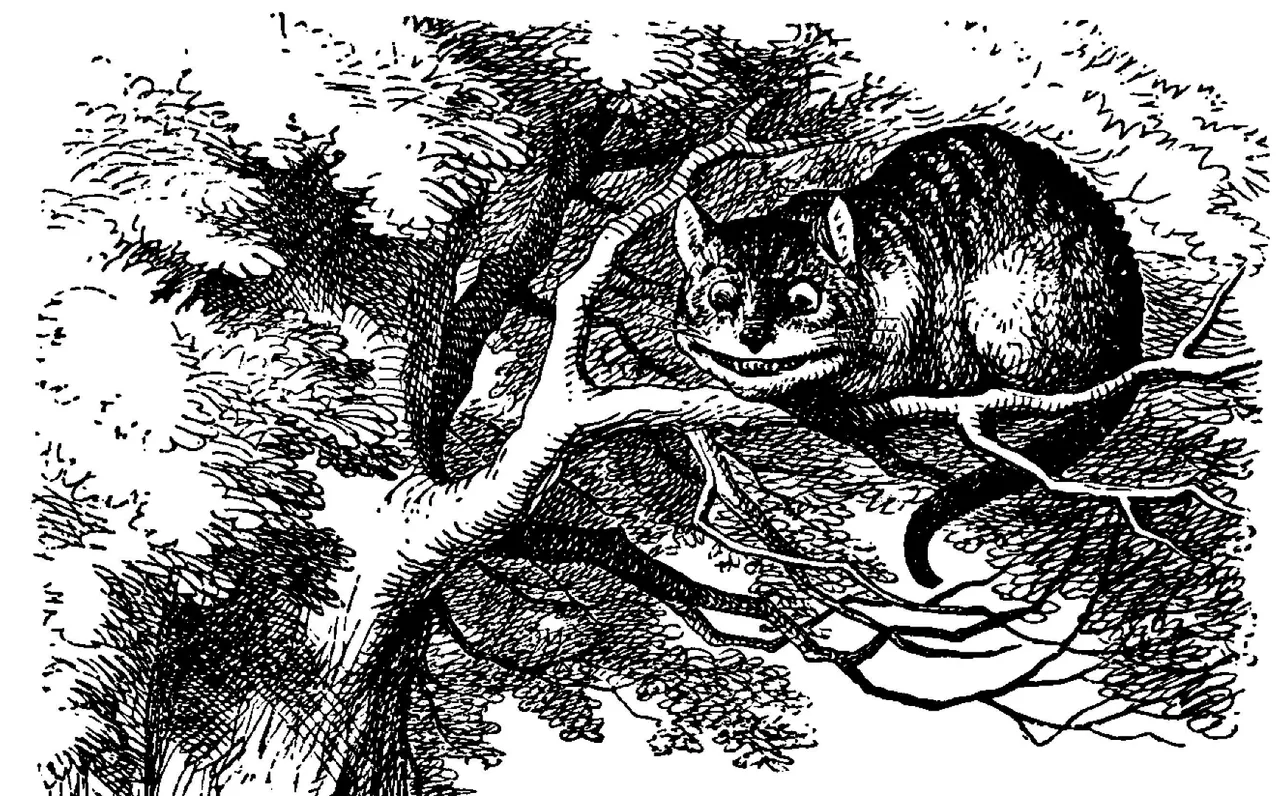Down the rabbit hole we go
It comes as no surprise to many that Lewis Carroll's classic 'Alice in Wonderland' is so widely taught in the philosophy schools of the world. There is a treasure trove of underlying philosophical arguments to be found here.
I always found that Carroll's language confused me a little at times - it felt like Socrates stopping me in the street to ask deeper questions. Some meanings seen to change completely after a full reading as a result. The way he twists the words makes me feel like he's giving us a lesson on how others apart from ourselves can perceive situations very differently.
The true nature of reality
Wonderland by its very nature appears to be a place that is very enchanting, but by its very nature it is there to deceive us. Absurdities lie at every corner. Other things just appear logically impossible just like in life.
The Cheshire cats explanation of the nature of reality are quite at odds with what Alice is seeing in her own reality. It forces her to confront her own subjective opinion of what she is seeing in front of her. What indeed defines 'reality' and all its multi-layered components?
Descartes argued that reality is indeed a subjective thing, and he came up with dualism: this is the belief that reality not only exists in the mind, but also in the surrounding matter.
If reality is something that can be created internally, then who can really say that Carroll's own Wonderland isn't just another form of reality? I shall leave you with that thought for now.
Muse on my Steemians friends!
